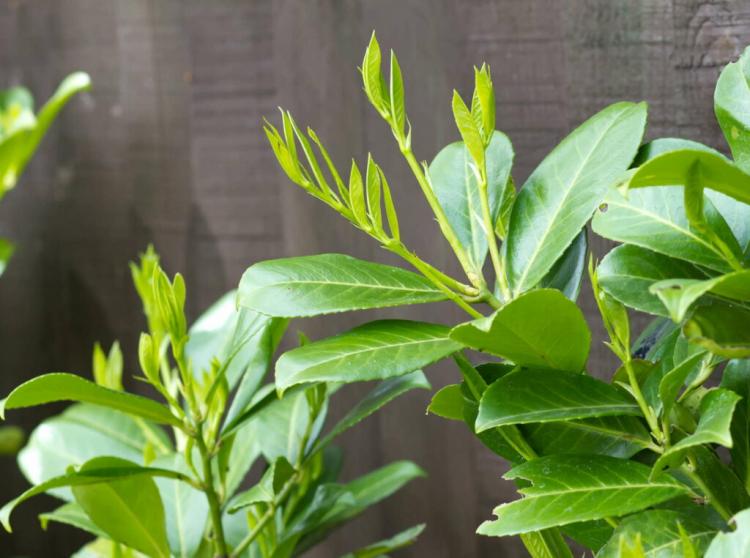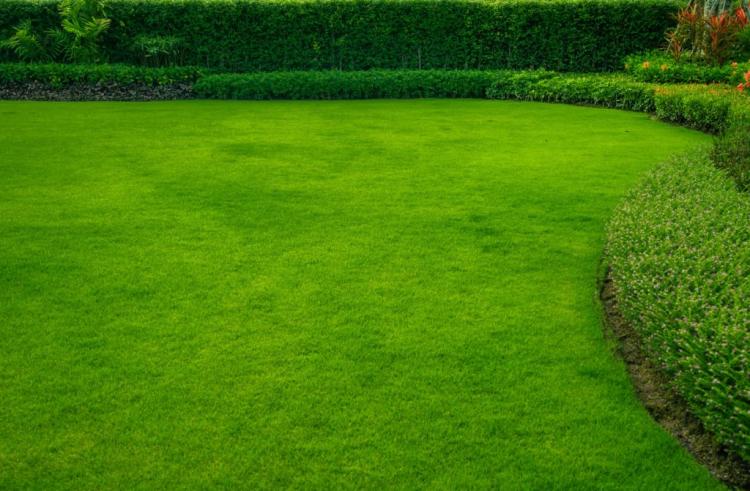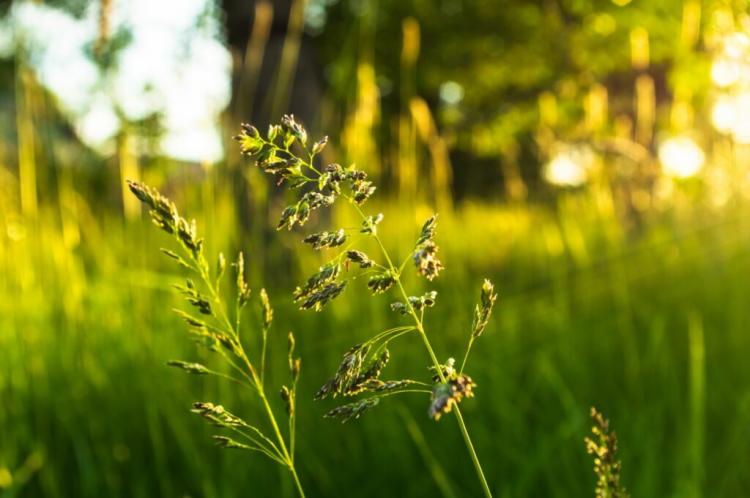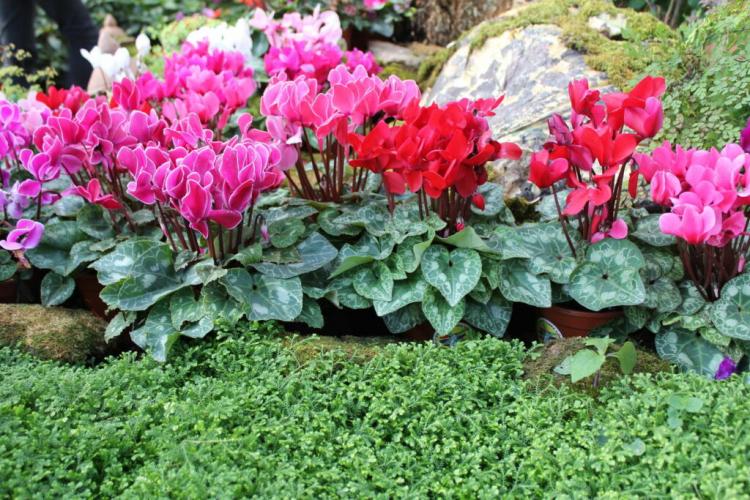Nudibranchs with slug pellets or fight biologically
We show how you can fight a snail plague in the garden with slug pellets or drive it away with biological agents and special plants.
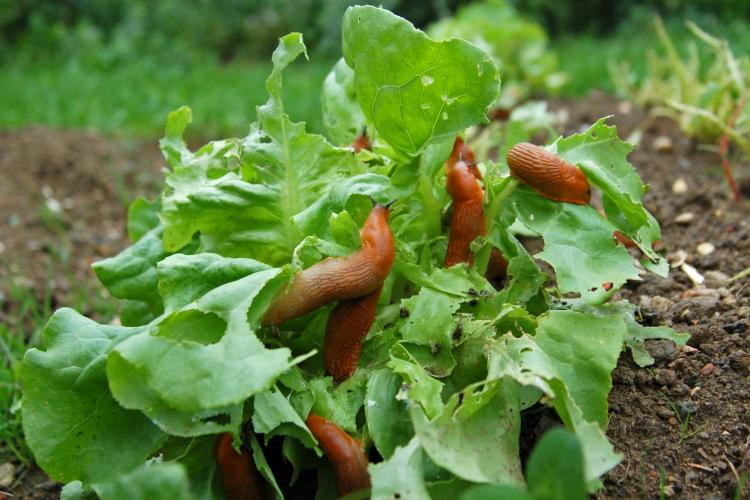
Slugs can cause considerable damage in the garden [Photo: Dieter Hawlan / Shutterstock.com] The fight against slugs is unfortunately often unavoidable, as the voracious beasts can cause considerable damage in the vegetable garden. When using slug pellets, for example, some important points must be observed so that children, pets and beneficial insects are not harmed. There are now also new biological control approaches, such as the use of specialized nematodes.
Slug pellets – effective and environmentally friendly when used correctly
Table of Contents
Almost every hobby gardener has probably already had experience with slug pellets. However, not all slug pellets are the same and correct use is also crucial. The active ingredients of the mostly blue grains can vary considerably. We tell you what to look out for: First of all, slug pellets with the active ingredient methiocarb should be mentioned. This active ingredient is no longer approved for combating snails, as the ingredient is harmful to the environment and poses a significant risk to children and pets. If you still have leftovers of this slug pellet, then you should think about a professional disposal, because in the garden this poisonous substance actually has no place. Another active ingredient in slug pellets can be metaldehyde. This ingredient has it all and can be dangerous for small children and pets. Since the snails die on the spot as a result of this active ingredient, beneficial insects such as hedgehogs can easily find the snails and also poison themselves. We therefore advise against slug pellets with metaldehyde.
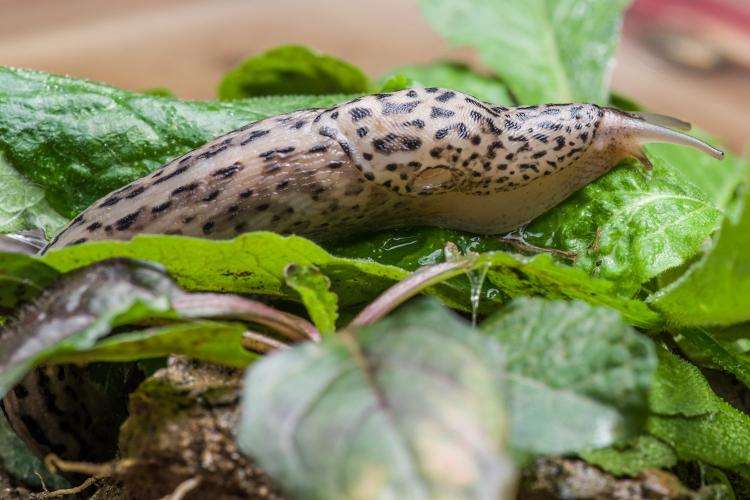
The tiger snail eats other types of slugs and only rarely plants [Photo: Fotoz by David G / Shutterstock.com] The third active ingredient is iron (III) phosphate. This active ingredient is also approved for organic farming and is very effective. Snails that eat slug pellets with this active ingredient stop eating very quickly. Before they perish, however, they retire to their hiding places. This means that beneficial insects cannot easily find the poisoned animals. However, iron-III-phosphate is non-toxic for most other animals anyway and is simply converted into the plant nutrients iron and phosphate in the soil. We at Plantura therefore only recommend slug pellets with iron III phosphate, especially when children and pets are in your own garden.
When using it, you should follow the product instructions. In any case, it is important to sprinkle it after wet weather, as slug pellets can dissolve relatively easily. In addition, the vegetation to be protected should be completely covered with slug pellets for effective protection. If slug pellets are sprinkled regularly, the control is very effective!
The following products have proven themselves in our garden:
- NEUDORFF Ferramol slug pellets: Powerful bait against slugs with iron compounds from nature; not dangerous for bees and not dangerous for pets, hedgehogs and other beneficial insects
- COMPO BIO slug pellets: bait granulate with good attractiveness; rain and mold resistant; not dangerous for bees and protects hedgehogs and other beneficial insects
At first glance, ducks are the perfect snail-eaters
For some years now, we have heard more and more about running ducks that are supposed to destroy entire snail populations in just a few days. Keeping them should be completely problem-free and in some neighboring countries the ducks should also be available for rent. On closer research, however, one often comes across criticism of the ducks. They should trample the beds and young plants in particular should hardly have a chance to survive. In addition, garden owners have bad cards with a pond. Because ducks also love water and rarely leave the water to hunt snails. If you still decide to run ducks, then you should be very well informed about species-appropriate husbandry. We can only advise against renting the ducks. For the ducks, the frequent change of residence is extremely stressful and certainly not species-appropriate. By the way: In some gardens the ducks are said to be very useful helpers. In addition to running ducks, other natural predators of nudibranchs can be helpful. These beneficial insects, which include birds, hedgehogs, moles and mice, feel most at home in a natural garden.
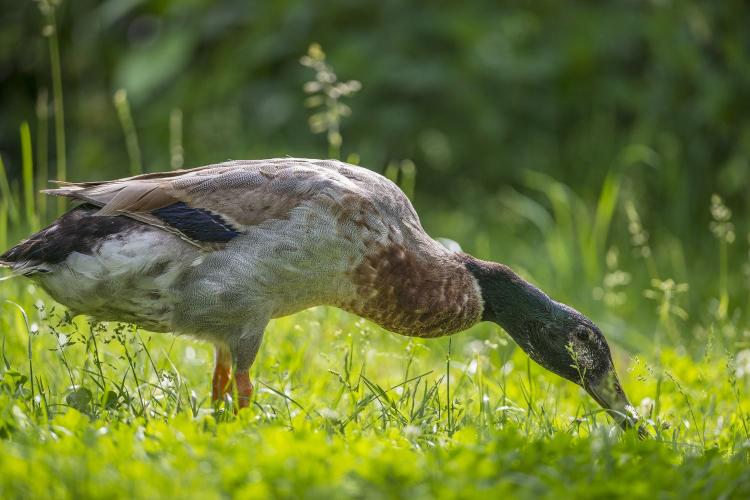
Running ducks can help keep the garden free of snails [Photo: Kuttelvaserova Stuchelova / Shutterstock.com]
New biological approaches to slug control
Tips on coffee against snail infestation can be found more and more frequently on the Internet. On the one hand, coffee grounds should be spread like slug pellets to keep the slugs away. On the other hand, the snails should also be sprayed directly with coffee so that they are rendered harmless. At first glance, coffee really seems like a magic bullet, as caffeine can actually fight the slimy beasts. However, the caffeine must be present in a certain concentration to be actually effective and this is where the problem lies. Coffee grounds contain far too little caffeine and are therefore more of a well-intentioned fertilizer for the plants, but not a snail-control agent! The coffee solution would also have to be a VERY, VERY strong coffee in order to be able to combat slugs. Given that coffee is not exactly cheap, we do not think the use of coffee as a snail repellent is promising. The use of predatory nematodes seems much more interesting. These specialized parasites only target certain snails and are completely harmless to humans for plants anyway. The roundworms penetrate the snail and secrete bacteria that break down the snail. Special preparations with the nematodes have already been developed for the hobby gardener.
Special thanks to the photographer: Steve Jurvetson

